NetRefer’s Cultural Traveller: Javier Takes Us to Barcelona’s Roads Less Travelled
Cultural Traveller is our new blog series. In each entry, we’ll have a chat with a fellow NetReferian to get to know their hometowns or the places they’ve spent most of their lives. They’ll give us an insider’s look at some of their recommendations on the most fun and exciting places to visit and things to do for all types of travellers.
Javier Lopez Arteseros – our first Cultural Traveller – is a User Experience Specialist at NetRefer hailing from Barcelona, Spain. He took some time out of his full-on role and agreed to sit down with us to take us on a mental tour of the most famous Catalonian city and his hometown.
All it takes are a few minutes into the conversation to fully grasp how ardent and enthusiastic Javier is. You wouldn’t expect less from a true Barca ambassador. As he takes us through the city streets bustling with life at all hours, the marketplaces and iconic architectural sites, he pours passion for his own homeland into his words, we can’t but help feel genuinely tempted to hop on a plane and visit Barcelona in real life!
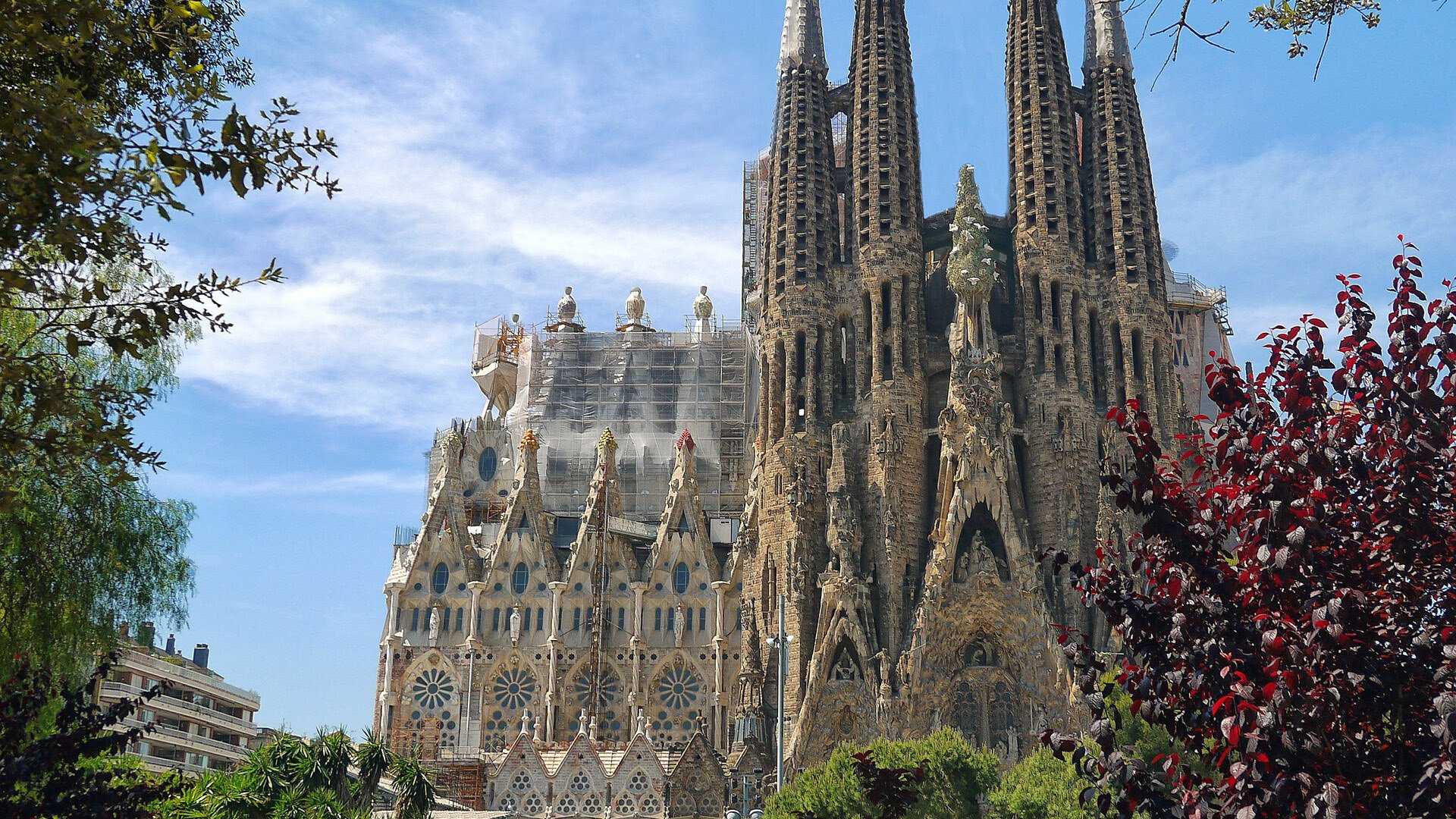
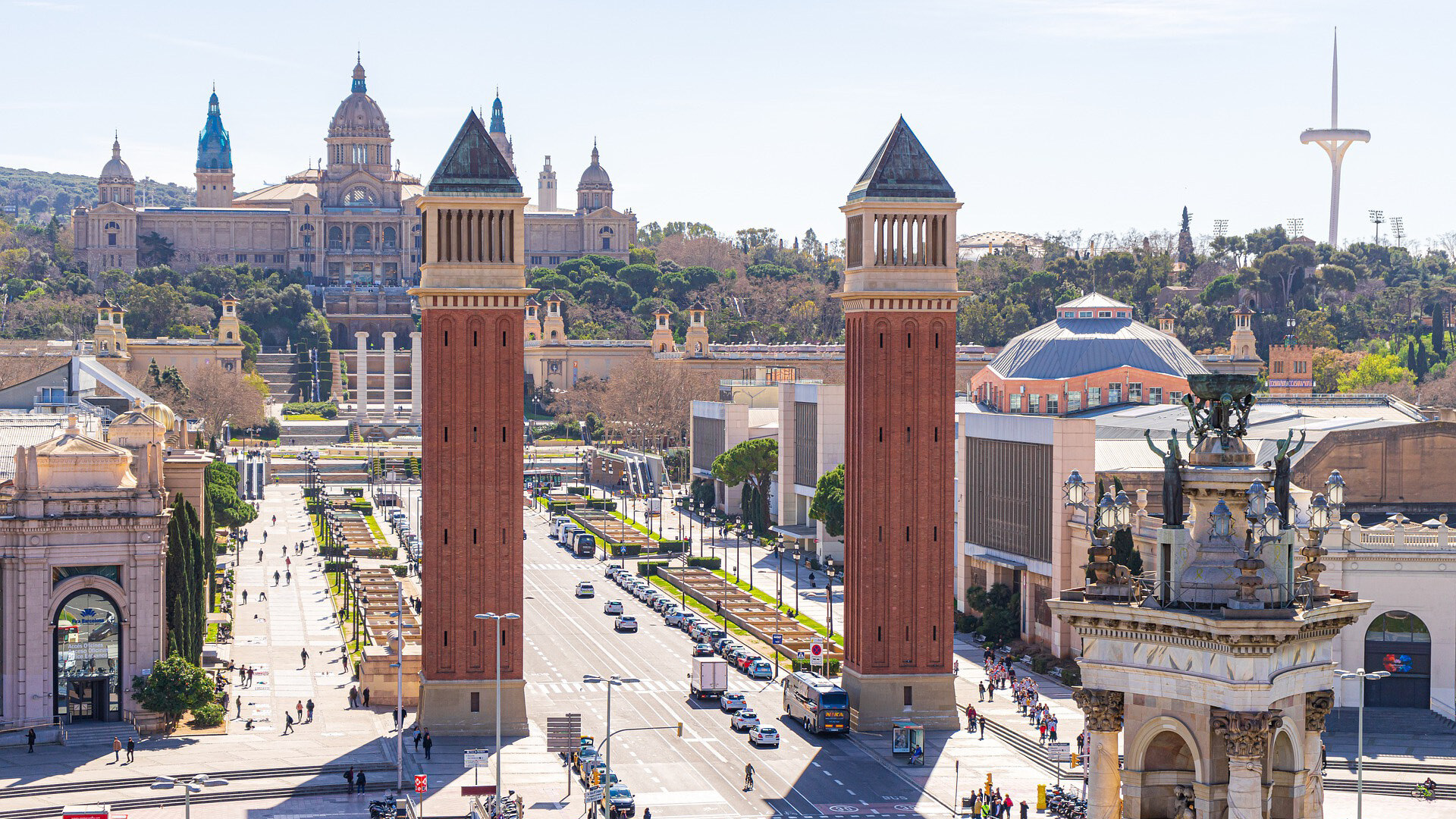
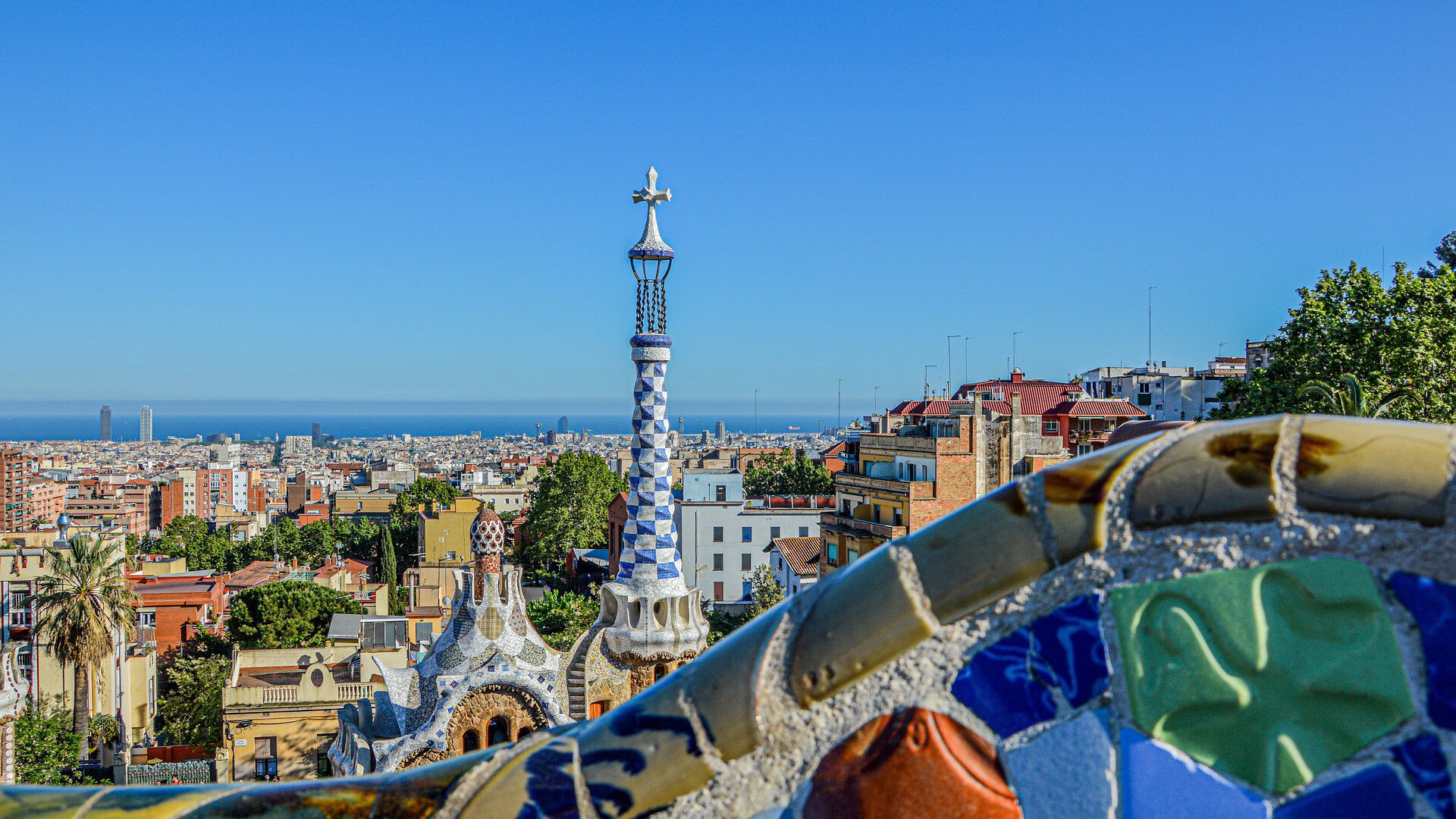
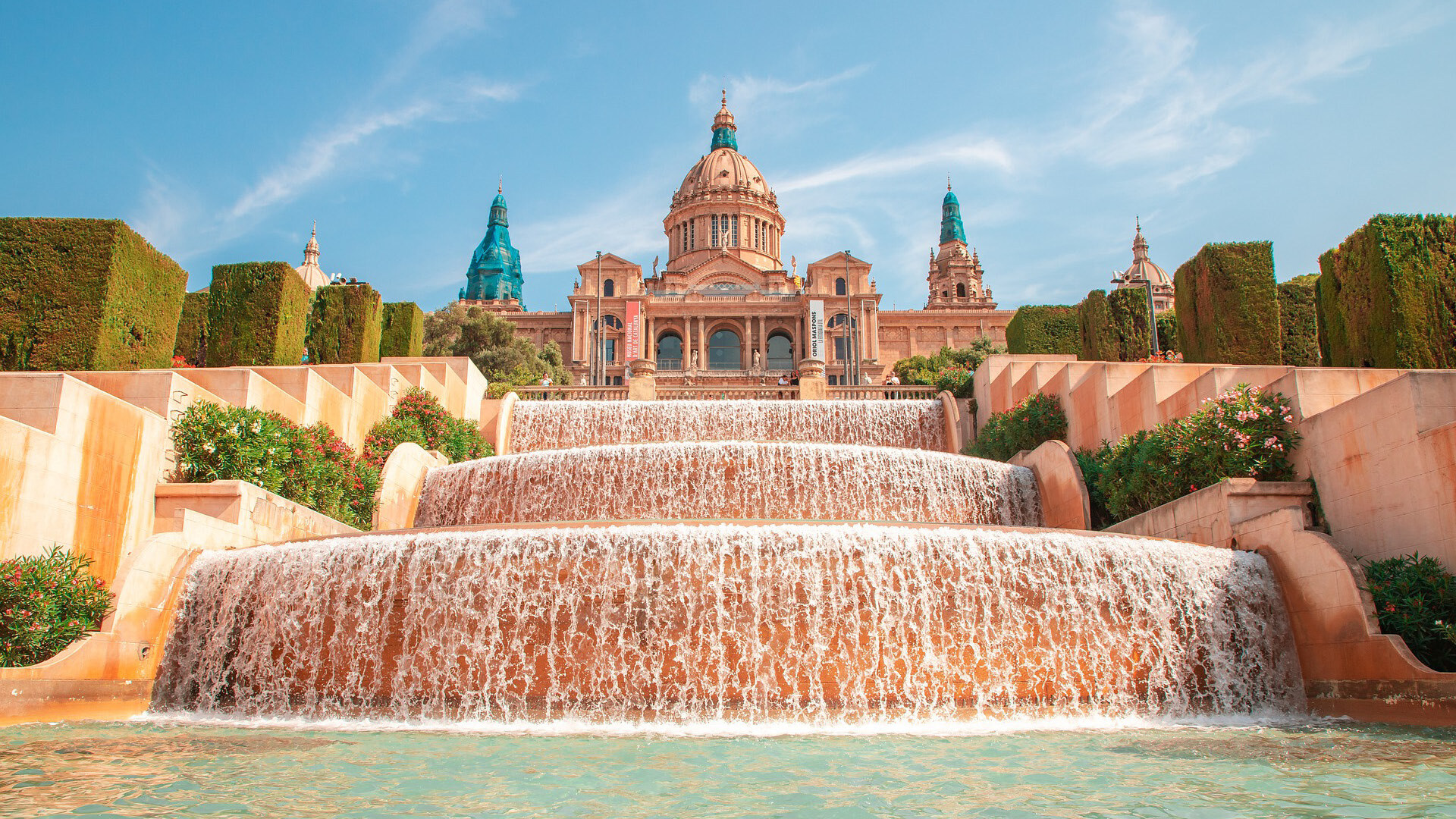
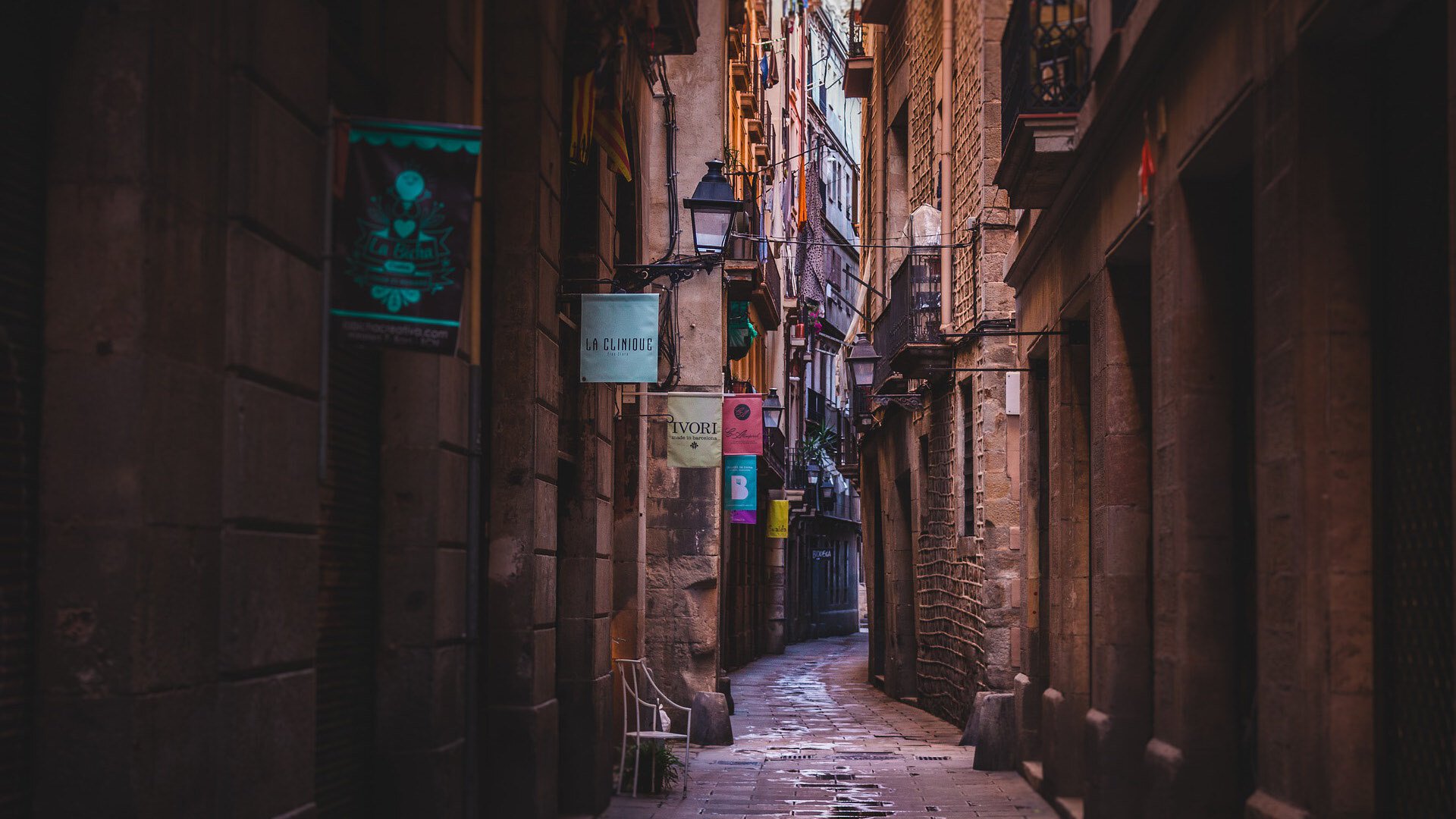
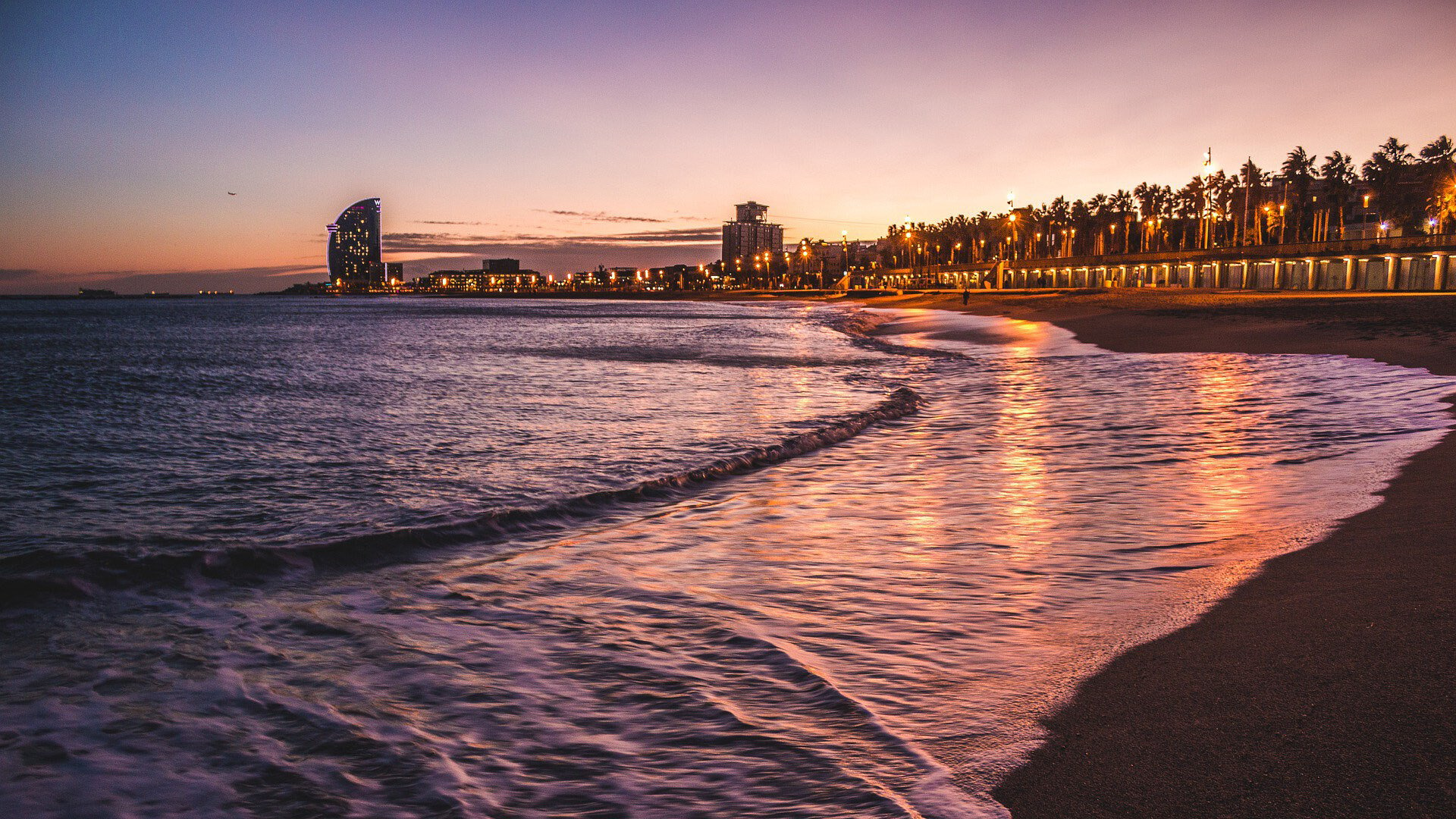
1. What makes Barcelona unique?
There are so many things that make Barcelona unique: the different cultures cohabiting together making it very diverse, the architecture, the history, including events such as The Spanish War and The Independence of Catalonia, and a lot more. You could go on one hundred tours and you’ll still discover something new about the city and its people each time.
2. What are some of the features that set Barcelona apart from another major city such as Madrid and why should visitors want to include it when visiting Spain?
In Barcelona, you have everything! On one hand, you’ll find some of the best beaches all over Spain (excluding the islands), while on the other, you have breathtaking mountains such as Montserrat. It’s also called the city that never sleeps, so If you enjoy nightlife, there’s always something happening, regardless of your tastes in entertainment and music.
3. What are staple historical sites any visitor should see in Barcelona? How about ones off the beaten track?
Sagrada Familia, of course, Park Guell and La Pedrera, all designed by the amazing architect Gaudi. Then, for sites off the beaten track, Cathedral del Mar is highly recommended.

4. Barcelona is famous for its Catalan food. If someone’s a foodie, any particular types of food or drink and spots to try them out you’d recommend? How about if you’re a sweet tooth? How about food tours?
Tapas, Jamon Iberico (Iberico ham) and PA amb tomaquet, which is basically toasted bread with tomato brushed on it. Sometimes, other ingredients are added too.
Mercat de Sant Antoni is a typical traditional market catering for all budgets, selling fresh fish, produce, vegetables and fruit, and more. You can also visit Mercat de La Boqueria, where you will find a lot of places to sit and eat. Equally amazing. And finally, I highly recommend a visit to El Nacional, located in Passeig de Gracia – one of our biggest streets, where you’ll find fancy top tier restaurants.
5. If you were an outdoors/trekking type of person, where would you go?
The place for you is Montserrat without a doubt. It’s a chain of mountain peaks a little similar to The Alps. It offers exciting trekking trails and amazing views of the city.

6. If you want to go on an art/cultural tour, what are some good spots to visit?
Besides Sagrada Familia, Park Guell and La Pedrera, which we mentioned earlier, you should take a trip to the Olympic Port, Montjuic, the “Barrio Gotico”, Las Ramblas and the Picasso Museum.
7. Is there a good public transport infrastructure? What is the best way to get around town?
Both the bus and the metro are efficient choices. They’re very fast and easy to use. If you like to do some sightseeing while traveling, the bus is a better option. But if you prefer to get to where you need to go faster, then take the metro (subway) without a doubt.

8. What are the best seasons to visit Barcelona? And does it change a lot from one season to another?
Any season is good. In winter, you will find the city fully decorated with lights in time for Christmas. During autumn, leaves change colour and help set a moody atmosphere. In spring, there’s a rich assortment of flowers that colour the city and its surroundings. In summer, it can get quite hot but you have a lot of beaches and swimming pool complexes to choose from.
9. What are some customs/manners/Catalonian expressions one should know when visiting?
Some typical greetings in Calatan you might want to know include; Hola (Hello), Bon dia (Good morning), Bona tarda (Good afternoon), Siusplau (Please), Gracies (Thanks). Such little gestures like knowing basic greetings encourages locals to warming up to you even more.
One very traditional custom worth knowing about is the Sardana Dance. Having originated in ancient Greece, it was brought over to Spain several centuries ago. Now, it’s so widespread you’re likely to see groups of people dancing it during most local festivals. The way it’s done is by having anyone participating holding hands to form a circle and raise them high. Anyone else can join in at any time. Once the circle grows to be too big, groups break off to form smaller circles.

10. What kind of nightlife can visitors enjoy? Any locales you’d recommend for that?
Barcelona never sleeps so you can go out whenever you want and there are so many places to choose from. Personally, I love Razzmatazz Disco, which is now closed because of Covid-19. It has five different rooms, each playing a different kind of music.
Another great choice is the Olympic Port, where you have five different discos. You can choose whichever suits you the best. In the middle of the city, there are plenty more, so I suggest you just head down there and go with the flow.
11. How easy is it to make friends with the locals?
I’d say we’re some of the most easygoing people in the world. Almost everybody is friendly in Barcelona, and if you need something, we’ll be glad to help. Take me as an example! (laughs)

12. What activities do you recommend for people travelling with kids?
I’d definitely recommend a visit to the Aquarium, and maybe the Zoo as well if you don’t mind traveling further down south to PortAventura in Tarragona. It’s one of the best amusement parks for both kids and adults in all Europe, with some of the most thrilling rollercoasters.
13. How safe is Barcelona? And are there any specific areas to look for hotels and ones to avoid?
I wouldn’t avoid any specific area but you’d best be cautious of pickpockets in the central areas (Las Ramblas, Passeig de Gracia, etc.) because they tend to take advantage of clueless tourists.

14. Is it acceptable to haggle or is it considered rude?
It depends on what kind of shopping you’re after. If it’s a huge shop like Desigual, Zara, etc. it’s considered rude. If it’s a small shop they will be more than happy to haggle as it’s somewhat expected.
15. What are the best beaches to go for a swim? How about ones for partying? If the same beaches are used for both purposes, does this change from one season to another?
For a swim, I’d recommend peripheral areas such as Gava, Sitges or Castelldefels. But if it’s beach parties you’re looking for, the Olympic Port is just perfect.

16. What are some less mainstream souvenirs travellers should look for?
My very personal favourite is Jamon Iberico de Jabugo. It has a very specific flavour and is very traditionally Spanish, but not cheap at all.
17. What would you recommend to tourists who want to take boat rides/tours around the city?
Walking in and around the city is so much better as you’ll get to experience and view all its characteristic sites up closely. It’s not worth taking a boat tour. Alternatively, another good way to roam the city is by using the Barcelona City Tour Hop-On-Hop-Off Buses

18. Where can tourists go for shopping? And what kind of things can they shop for?
For clothes, I would recommend Portal del Angel and Passeig de Gracia. For food, the previously mentioned Mercat de Sant Antoni, Mercat de La Boqueria and El Nacional without a doubt.
19. What are some festivals or concerts to look out for? How about local fiestas/festas?
Some of the main ones include Festas de Gracia between 15th and 21st August. Then, Festes de Sants (Patron Saint Feasts) happen between 24th and 28th August. And finally, a huge city party hosting some of the best music artists – la Merce – on the 24th of September.

20. What extreme sports can you try in Barcelona?
Extreme sports aficionados have a vast choice: bungee jumping, skydiving, mountain biking, rock climbing, all kind of watersports. That’s how I learned surfing and now I love it.
21. If you’re a football fan, what’s the best time of the year to be there to catch F.C. Barcelona in action?
I would say around June, when all the championships are in full swing. Whether you want to catch Barca with another local team in LaLiga or something international like Champions League is more your thing, Camp Nou – F.C. Barcelona’s official stadium is a sight to behold.
